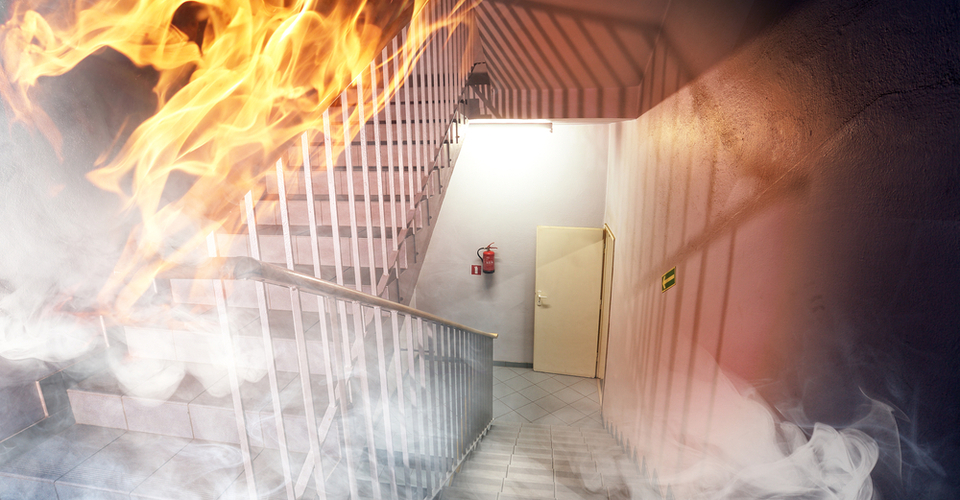A fire department in the U.S. responds to a fire event every 24 seconds, according to the National Fire Protection Association (NFPA). Although anyone can experience a fire, older adults are especially vulnerable.
People age 65 and older are twice as likely to be injured or killed during a fire emergency. By age 75, older adults are three times more at risk than the general population. At age 85, they’re four times as likely to be harmed during a fire emergency.
Why are older adults at more risk?
There are many factors that contribute to older adults being at higher risk during a fire emergency.
Data from the Centers for Disease Control and Prevention (CDC) shows that falls are the leading cause of injury-related death among adults age 65 and older. Considering the abrupt and unexpected nature of a fire emergency, older adults have an increased risk of falling while experiencing a fire.
Other risk factors that could influence an older adult’s outcome during a fire emergency include, but aren’t limited to:
-
Common aging issues that limit physical or cognitive abilities. For example, hearing impairments, vision loss and mobility challenges may affect reaction times. Older adults may not hear the smoke alarm or smell smoke if their sense of hearing or smell are impaired.
-
The use of medication. Certain medications can cause drowsiness or affect judgment, especially when combined with alcohol.
-
Reduced sense of pain. This might lead to delayed treatment of burns or other injuries.
-
Decreased immune function. This can result in more rapid injuries and infection from scalds and burns.
Older adults can reduce their risk during a fire emergency by taking steps to prevent falls and creating a safe home environment.
Fire prevention tips for older adults
As part of NFPA’s fire and fall prevention program for older adults, it recommends the following priority safety messages for fire prevention:
-
If you smoke, smoke outside.
-
Give space heaters space.
-
Stay in the kitchen when frying food.
-
If your clothes catch fire: stop, drop and roll.
-
Smoke alarms save lives.
-
Plan and practice your escape from fire and smoke.
-
Know your local emergency number.
-
Plan your escape around your abilities.
Additionally, whether you’re an older adult yourself or have aging loved ones, it’s important to learn lifesaving skills. Find a CPR, AED and First Aid class near you!







.png?width=600&name=HSI-CTA-EmergencyCareTraining%20(1).png)











Comments